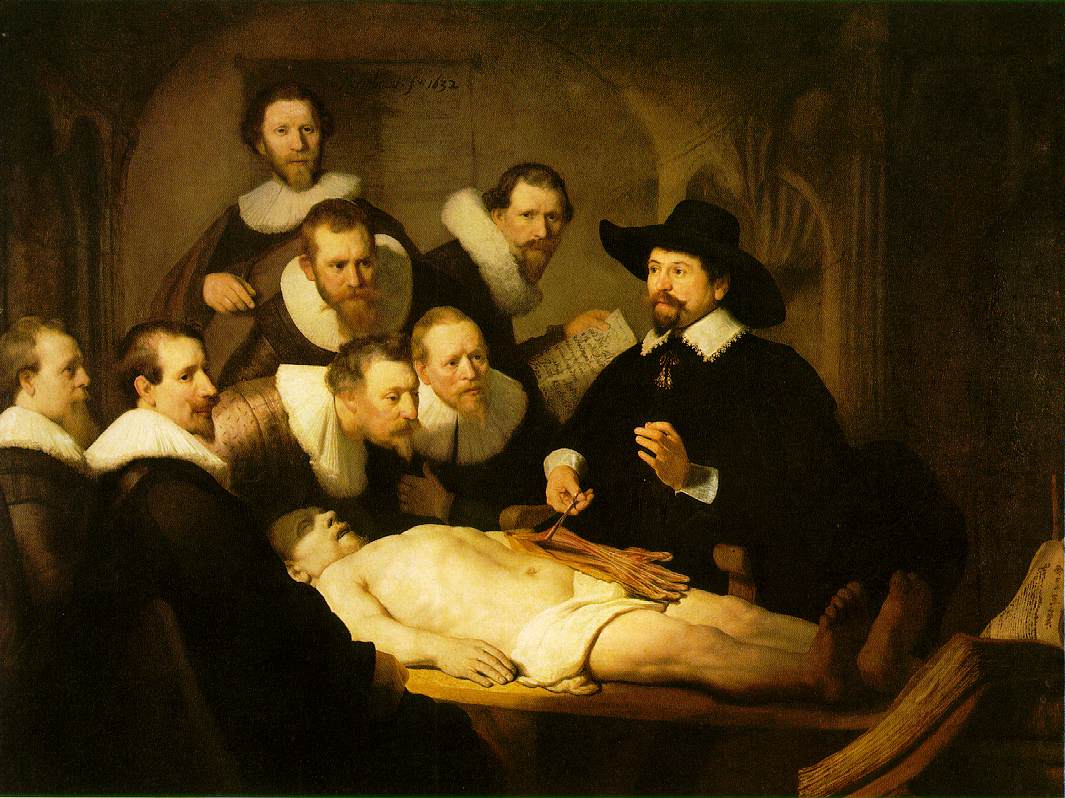In my seventh grade french class, my teacher would try to come up with the most absurd mnemonics to help us remember french vocabulary. For the most part, it worked. To teach us the word for "lobster," she suggested imagining coming home from school one day to find that your mother had been turned into a giant lobster madly flailing around on the floor. You would almost certainly yell, "oh, Ma!" Which is the way the french pronouce "homard" (because the french pronounce things incorrectly).
I've been doing very little learning over the past year. Primarily, I've been memorizing. So it's no surprise that I've come across my fair share of mnemonics. What is surprising is how truly awful these mnemonics are (with the exception of the very memorable, sexually-explicit ones which I won't be sharing on this site). For instance, to teach us that the deep cerebellar nuclei, from lateral to medial, are the dentate, emboliform, globose, and fastigial, our textbook suggests, just remember DEGF!
It sometimes even seems like these text books prefer the useless mnemonics to the memorable ones. All of our books and lectures constantly refers to "SIG E CAPS" as a way to remember the diagnostic criteria for depression. Those are:
1. Sleep disturbances
2. Loss of interest
3. Guilt or feelings of worthlessness
4. Loss of energy
5. Loss of concentration
6. Change in appetite or weight
7. Psychomotor retardation or agitation
8. Suicidal ideation
9. Depressed mood
Notice that #9 doesn't even play into the SIG E CAPS criteria for depression.
A much more accessible mnemonic is "Depression is worth studiously memorizing extremely greuling criteria. Sorry." Which correlates with: depressed mood, interest, weight, sleep, motor activity, energy, guilt, concentration, suicide. I've only read this mnemonic once in any text.
Today, I was studyig the atypical antipsychotics (the first generation of these antipsychotics are now called the "conventional antipsychotics", and the most recent iteration of these drugs is called - I kid you not - the "atypical atypical antipsychotics"). Three of the more important atypicals are clozapine, olanzapine, and risperidone, and next to a list of these drugs in my review book is the mnemonic "It's not atypical for old closets to RISPER."
That's right. Normally closets risper. Specifically when their old. Don't forget!
In the opening weeks of this year our course directors overwhelmed us with labels for parts of the brain and told us to memorize them. To our untrained eye, none of these parts looked any different than any other parts. The brain's just a big ball of wrinkly mush, and we were expected to remember the names of the wrinkles. In an email to the class, one of my classmates wrote "I always had a tough time remembering where the calcarine sulcus was until I realized it was right between the cuneus and the lingual gyrus." I thought the sentiment was funny enough to repeat to other people, and now, ironically, I never forget where to find those three parts of the brain.
So here's my new plan. I'm looking for the most nonsensical, useless mnemonics to compile into a list that I can routinely look over and make fun of. As these nonsensical strings of letters vie for the title of the most useless string of letters, hopefully, in the end I'll at be able to remember the battle and, by extension, the relevant medical knowledge.
Thursday, November 15, 2007
Subscribe to:
Post Comments (Atom)

2 comments:
Thanks, forgot the depression thing.
why'd you stop?
Post a Comment